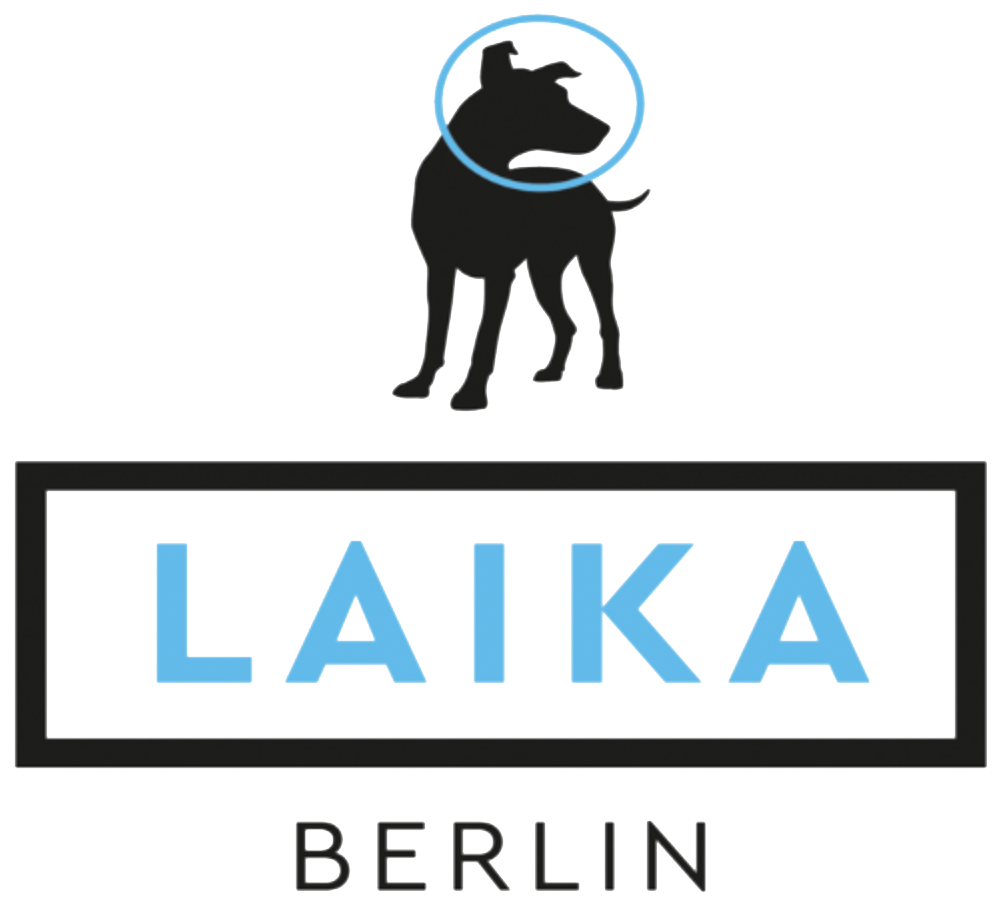Teamwork makes the dream work: How can extroverts and introverts interact successfully with one another
Tackling teamwork together
At the Laika spaceship, we notice it every day in our work with our fellow space dogs: Teamwork is not always easy, especially when it comes to uniting introverted and extroverted colleagues in one project. If you want diverse teams like we do, with different private and professional backgrounds, you don't work homogeneously, and that's totally normal. As soon as the interaction and communication with each other is not correct, joint team projects, such as working with clients, can go south very quickly. That's why it's important to be able to understand how your team colleagues work and to be able to respond to their needs accordingly. Specially, the difference between extroverted personalities and introverted personalities can be huge in the way they work in a team. Thus, we've compiled their key strengths and weaknesses here, to help you succeed in your next teamwork by being professionally responsive to the needs of your colleagues.
Extroverted personality types:
In each team project, there are some colleagues who always take over the self-confident leading role. They are essential for a well functioning team, as individuals who have a strict plan and know how to tightly follow it are needed. At this point, the outgoing leaders are more visionaries than doers: First, those leading the teamwork give many ideas. Second, their ability to solve emerging problems allows them to lead from start to finish. Third, leaders always keep the goal in mind and have no issues with creative ideas or taking other paths to reach aims.
The problem is most of the time: the confident leaders of the pack know how important they are…that’s why they often tend to annoy others with their bossy behavior.
Part of the extroverted teammates are definitely also those, who are simply born team players. They get along with everyone and are just people pleasers. Moreover, team players have incredibly strong social skills and can use them to successfully interact with clients and other team members. When it comes to being productive in a group, the outgoing team players are in their element. By using tools like Slack or Zoom, the team players can develop their skills. Lastly, they are often the heart of the team and want to make sure the project is moving forward.
Introverted personality types:
Even though they only seem like the silent observer, the introverted but analyzing teammates are perfect when it comes to finding solutions and recognizing hurdles during the course of the project. Also, these folks have strong troubleshooting skills and should have decision-making autonomy within the team. Unfortunately, if the cautious observers recognize significant problems, they usually stay in the background. Therefore, it is important that they get asked for their opinion. Otherwise, the team loses their resourceful capacities. Finally, the silent analysts can contribute a lot to the teamwork by recognizing things that some people overlook at first glance.
Introverted team members are usually the ones who stay on top of things…. Let’s face it, without someone to keep track within the mess, we would all be lost. Generally said, the organized crewmates totally have the overview and hold everything together when the project falters. If you ask them, they always know what's going on, because they are masters of listening. Most of the time, the organizers are also the ones who take notes and bring clarity to a tangled mess of documents.
What must be said, however: the introverted team members also need to be appreciated.
That is why it is important to involve the shy organizers well in the teamwork, otherwise they don’t feel valued and take a step back.
How do you adapt to these two personality types?
Every character is different, and of course there are also people who are neither completely introverted nor completely extroverted. Nevertheless, it is most important to recognize that there are different types of people in teamwork and not everyone is the confident, loud part. There are personalities who prefer to observe rather than speak.
Especially with introverted personalities like the silent observer or organizers, it is important not to overhear them and to include them attentively in the teamwork. Be like them and listen carefully! This can often help to show the quiet people how valued they are.
However, you also have to know how to deal with extroverted personalities. In detail, people like the outgoing leaders of the group or the thoughtful team players are very useful and get work done. Yet, they tend to put themselves too much in the foreground. Therefore, showing them how much you appreciate their valuable contribution to the work is essential. Nonetheless, you need to showcase your good ideas. Most of the time, they do not mean their passionate behavior the way it comes across. So, just make sure that everyone is heard once in a while. In the end, help is appreciated by everyone, even by those who seem as if they have everything under control on their own…
Teamwork makes the dream work!
Overall, the most effective teams are based on the selection and perfect composition of these two personality types. Surely, you should know your own category, to see how your leadership style affects colleagues. Afterwards, you can adjust your approaches to individuals to get the most out of them, and help everyone achieve their full potential.

